Voices
Environmental groups, Indigenous nations, scientists, community leaders, and foresters are calling for changes in how forests in Canada are managed
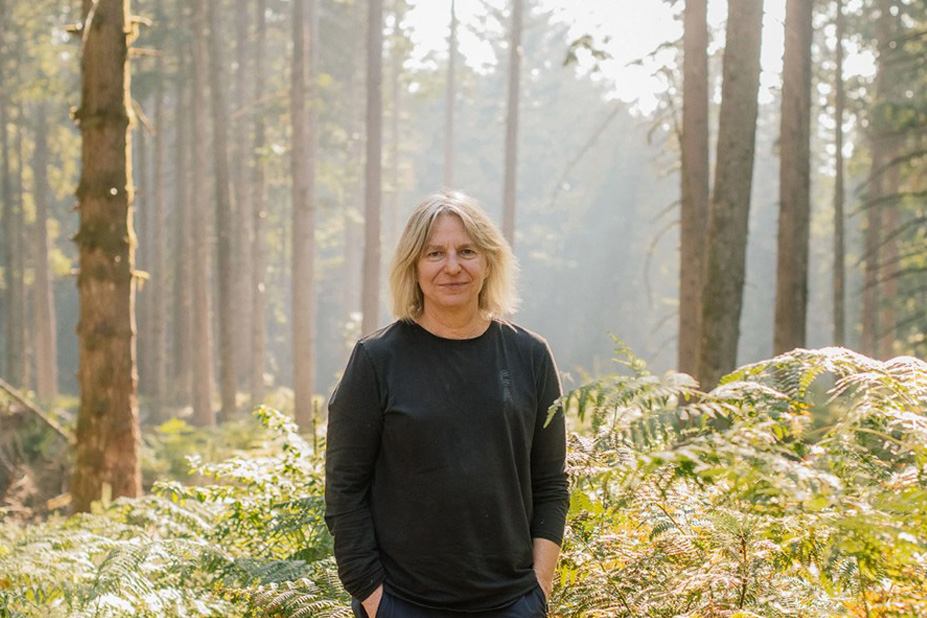
“When we put these machines on the ground and cut these trees down, we’re actually losing a good portion of our forest floor carbon pools. We should be avoiding those losses at all costs because they’re really irreplaceable, especially in the time we have to act.”
– Dr. Suzanne Simard, University of British Columbia
Scientists call on Canada to adopt ecologically minded forest degradation definition.
CityNews, Nov 8, 2023
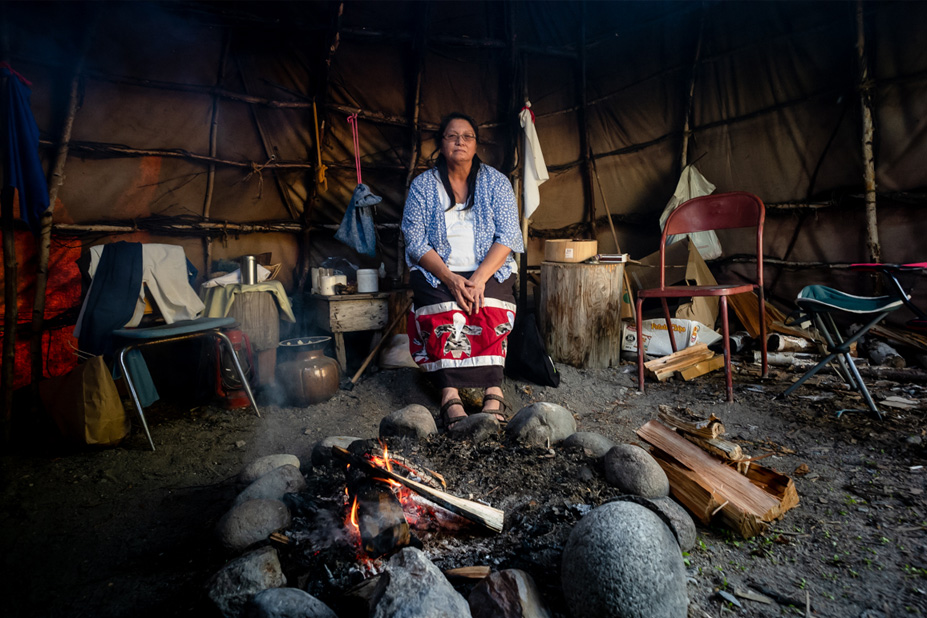
“The logging industry’s devastation of the land and water has effectively destroyed my people in all aspects: culturally, economically, and socially. I call logging ‘genocide of my community.”
– Elder, grandmother, activist Judy Da Silva, Asubpeeschoseewagong Anishinabek (Grassy Narrows First Nation)
Grassy Narrows Blockade: 2002-2016
The Media Coop, May 30, 2016
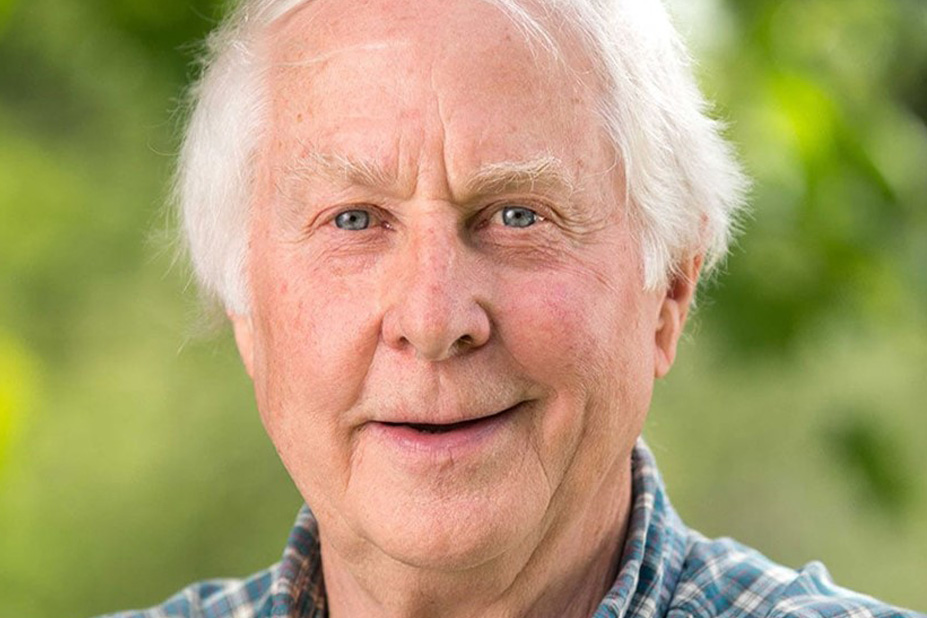
“Together with a strong lobby from the timber industry to keep the cut as high as possible for as long as possible, the structure used to calculate timber available results in non-sustainable AACs [annual allowable cuts]”.
– Herb Hammond, Registered Professional Forester and forest ecologist
Retired Forester Blasts Professional Association in Resignation Letter
The Tyee, November 25, 2022
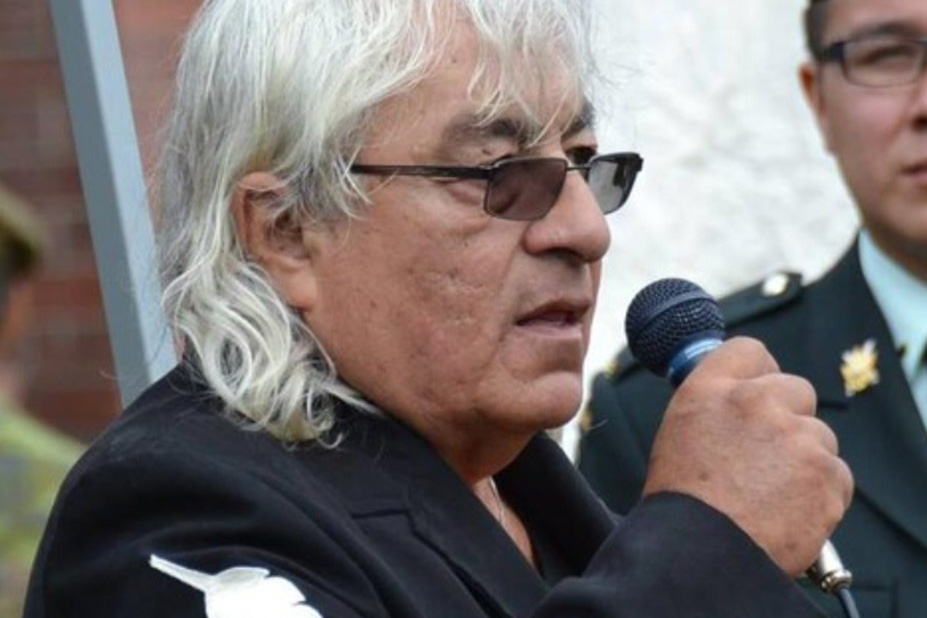
“They are basically raping and plundering the resources on the land. They use words like ‘sustainable forest.’ It’s not sustainable.”
– Chief Keith Corston, Chapleau Cree First Nation
Canada, home to a massive boreal forest, lobbied to limit U.S., EU anti-deforestation bills.
CBC, Mar 10, 2023
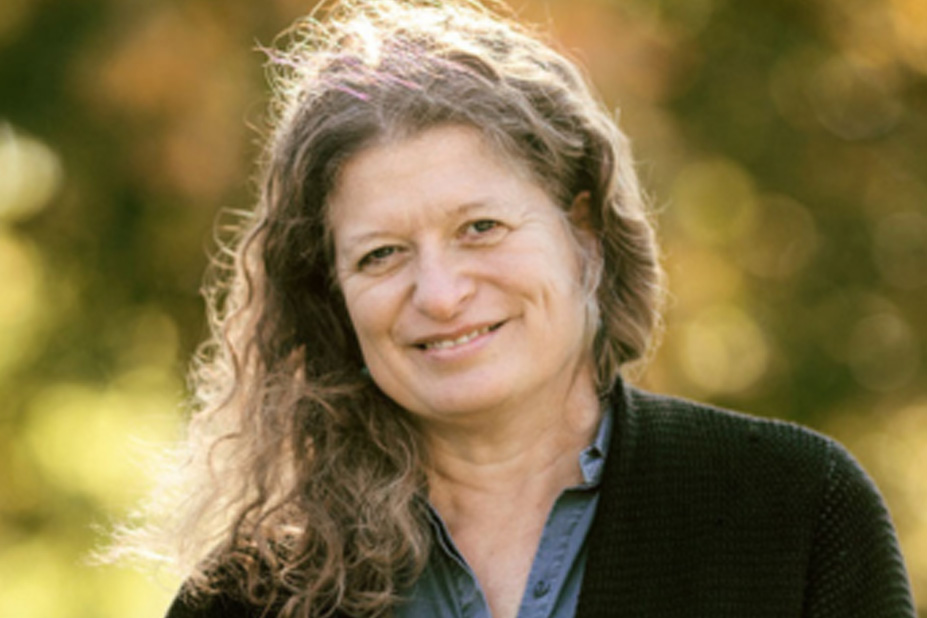
“Incremental, piecemeal responses [to wildlife declines] — through a jumble of after-the-fact assessment processes, mitigation measures, patchwork resource regulations and even efforts to recreate what has been lost — have consistently failed to keep pace with accelerating threats. This system will not work any better with minor tweaks or so-called “red tape” cutting.”
– Dr. Justina Ray, President and Senior Scientist, Wildlife Conservation Society
We believe Canada is home to vast forests teeming with wildlife. What if that’s not true anymore?
The Narwhal, March 3, 2025
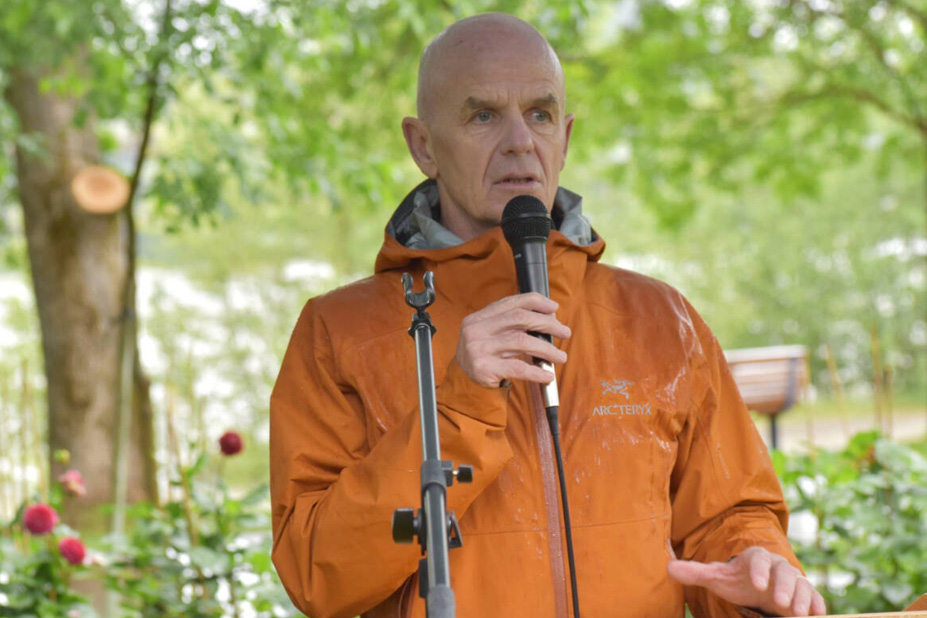
“The greenwashing of the pellet industry needs to stop. We need to see it for what it is: It is a money-making machine for a few people based on subsidies in the U.K. at the expense of British Columbia.”
– Bob Simpson, the mayor of Quesnel, British Columbia
Wood from B.C. forests is being burned for electricity billed as green — but critics say that’s deceptive.
CBC, October 6, 2022
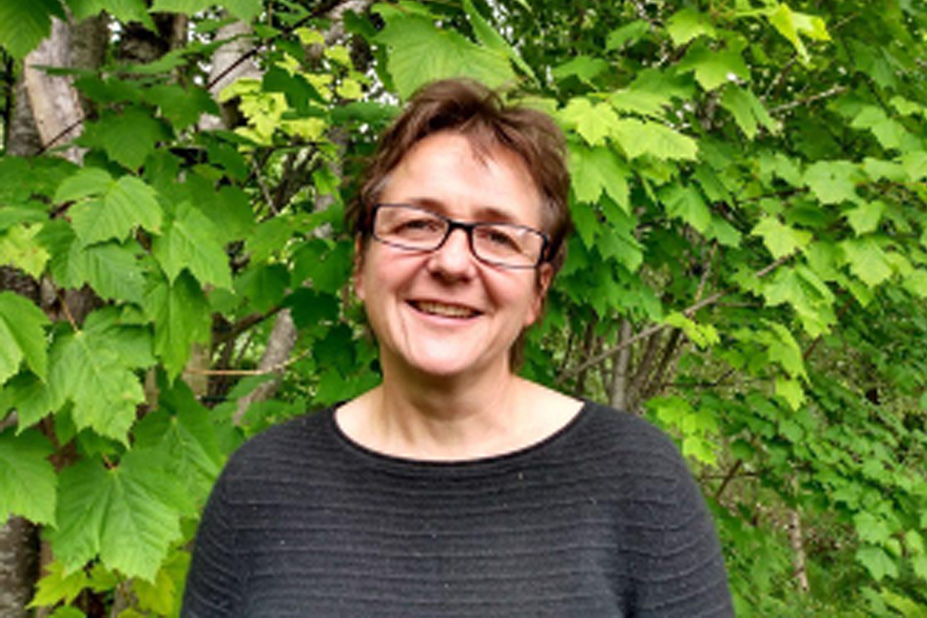
“It’s so blindingly obvious that we are not effectively taking account of all the other values in the forest.”
– Dr. Rachel Holt
Protecting B.C. old-growth forests could yield $10.9B in benefits, report finds.
Times Colonist, Apr 14, 2025
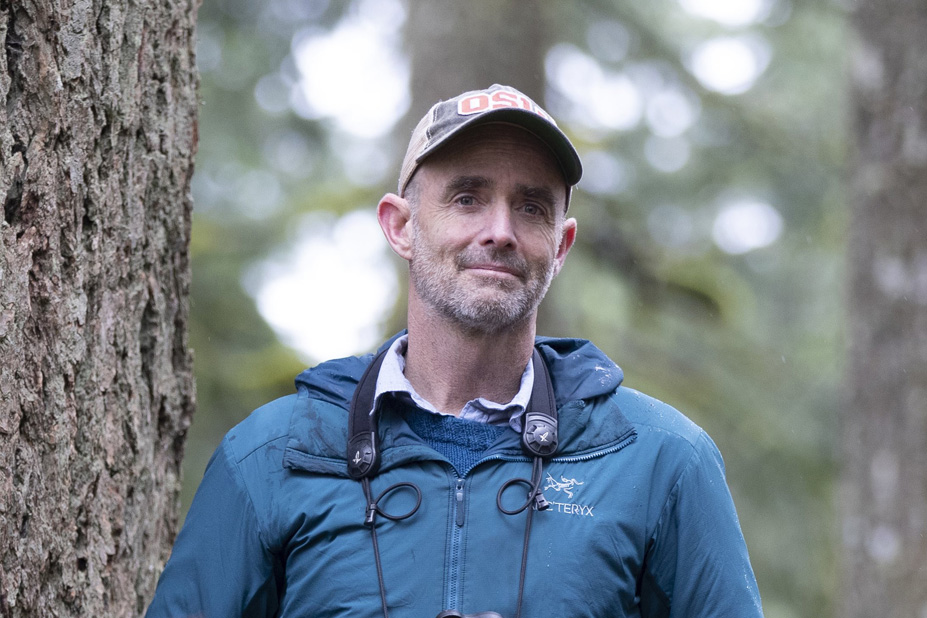
“Our results show that forest degradation (conversion of old multi tree species forest to younger plantations and natural regeneration) has caused substantial long-term declines in habitat and associated bird populations over time in the Acadian/Wabanaki Forest. Forest carbon has shown a similar downward trend.”
– Dr. Matthew Betts, professor of forest ecology at Oregon State University
Forest degradation drives widespread avian habitat and population declines
Nature Ecology and Evolution, 2022
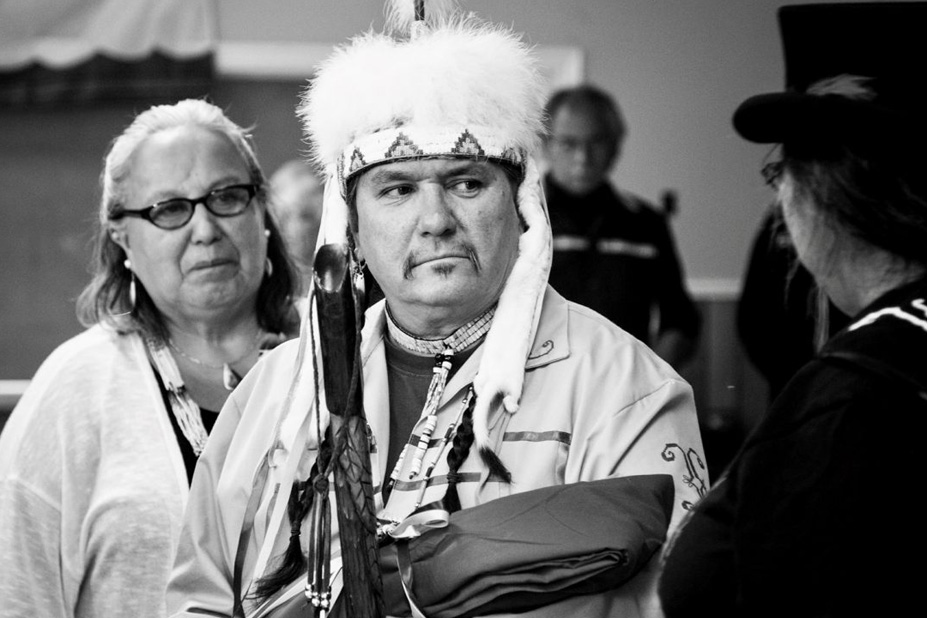
“This form of forest management is like committing eco-genocide on the rest of the flora and fauna.”
– Wolastoq Grand Chief Spasaqsit Possesom (Ron Tremblay)
Glyphosate spraying in N.B. akin to ‘eco-genocide,’ Indigenous communities say.
Canada’s National Observer, June 1, 2022
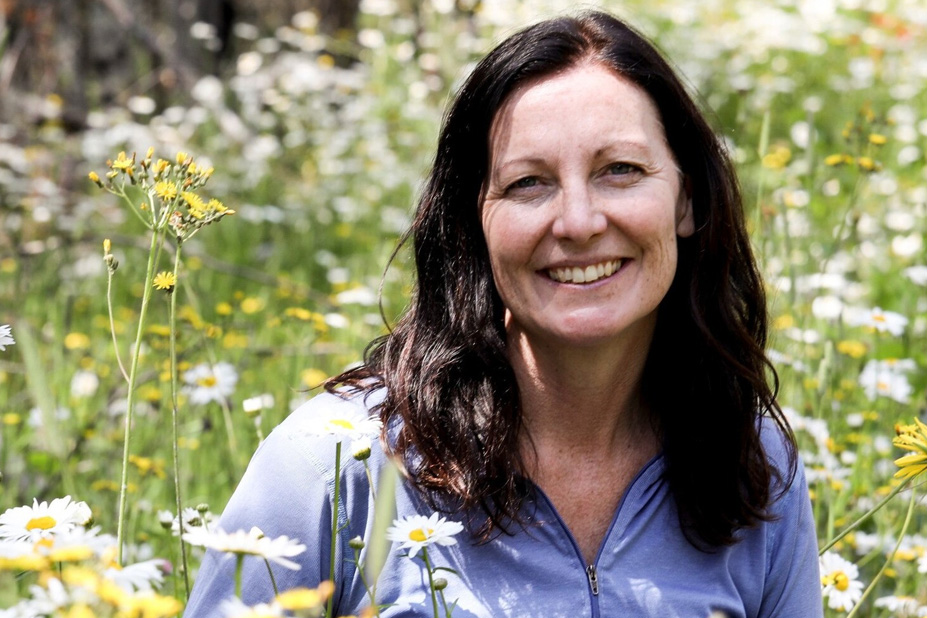
“While it is true that fuels need to be reduced and reconfigured across many landscapes of interior B.C., forestry as it is currently practiced in B.C. contributes to the wildfire problem. So more of the same is deeply problematic.”
– Dr. Lori Daniels, University of British Columbia’s Faculty of Forestry
Glyphosate spraying in N.B. akin to ‘eco-genocide,’ Indigenous communities say.
Glacier Media, April 23, 2024
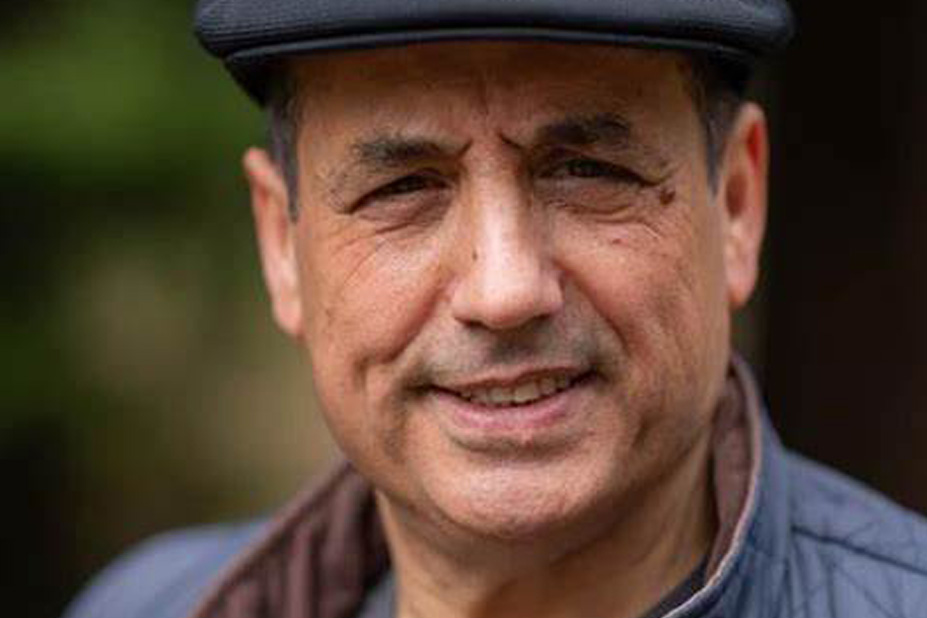
“These results emphasize how much the power of forests lies at the watershed scale, especially since replanted forests in the cut blocks are not capable of providing the same hydrologic functions for decades. We hope these insights help to better manage our forests to reduce potential risks to communities and the environment.”
– Dr. Alila Younes, University of British Columbia
Clearcut logging leads to more frequent flooding, including extreme floods.
UBC News, August 2, 2023
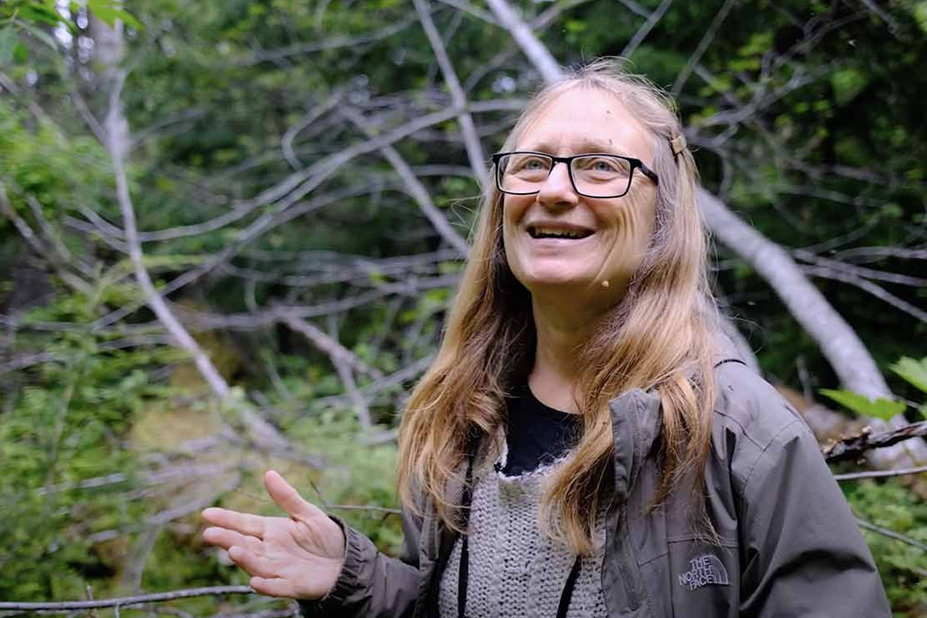
“We need to shift the paradigm from one where timber has priority to one where ecosystem integrity, biodiversity and forest resilience has priority. That doesn’t just mean protecting areas. It means changing the way we think about forestry.”
– Dr. Karen Price
Fairy Creek explained: What’s at stake.
Ricochet, July 15, 2021
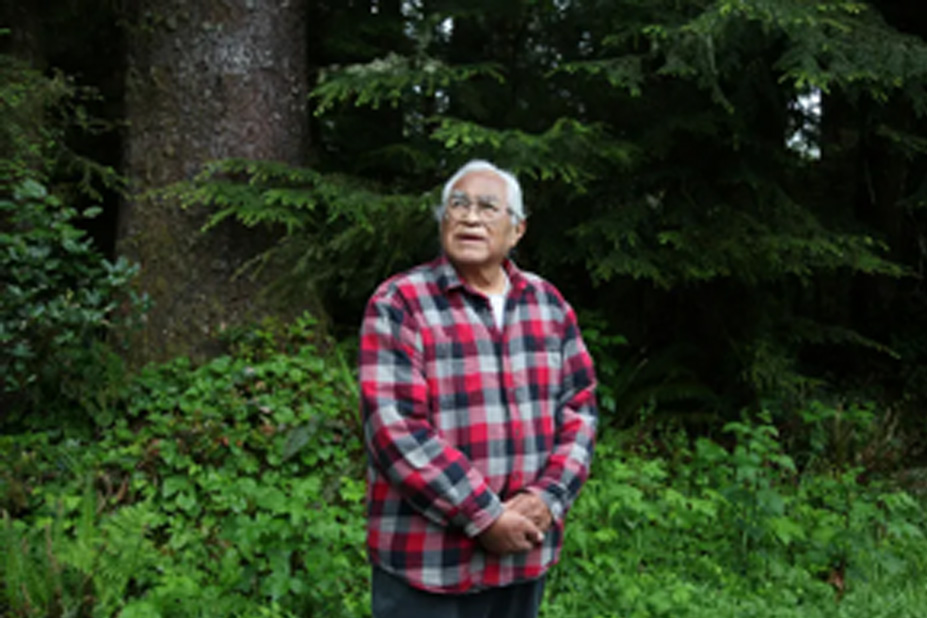
“My grandfather implored to us that the Ferry Lake area, and the two creeks there, were our spiritual holy places. If the trees are cut down, I think that will be the end of our own hopes of resurrecting our past culture, which in fact, is dead on this reserve – that we will not have any means to address our original, spiritual relationship.”
– Pacheedaht Elder Bill Jones
Inside the battle to save Canada’s ancient, old-growth forests.
Al Jezeera, June 8, 2021
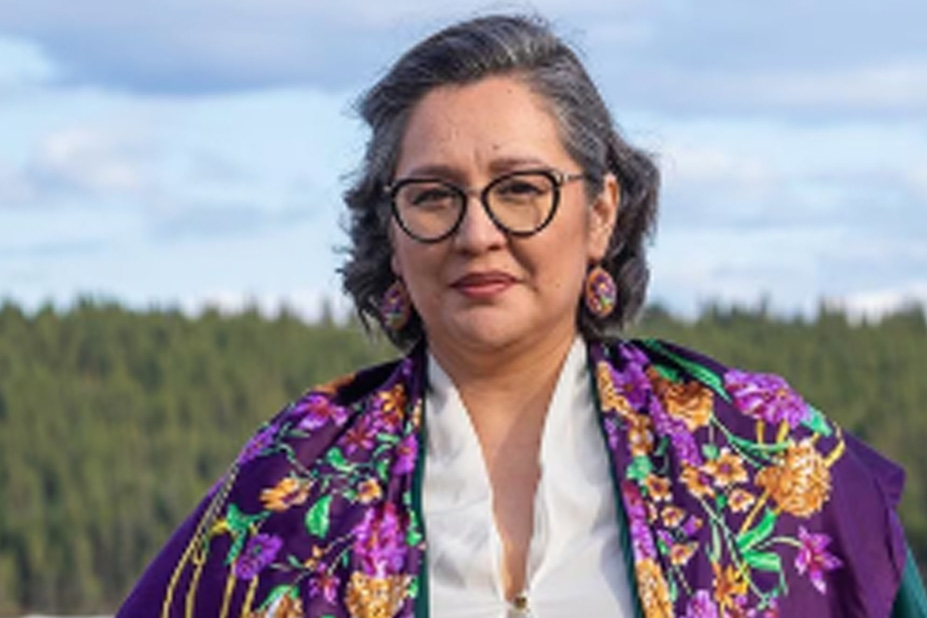
“We are basically refugees of climate in this territory. We are constantly escaping either risk of fire or impact of smoke in the community.”
– Mandy Gull-Masty, federal Minister of Indigenous Services
Canada Is Ravaged by Fire. No One Has Paid More Dearly Than Indigenous People.
New York Times, July 29, 2023
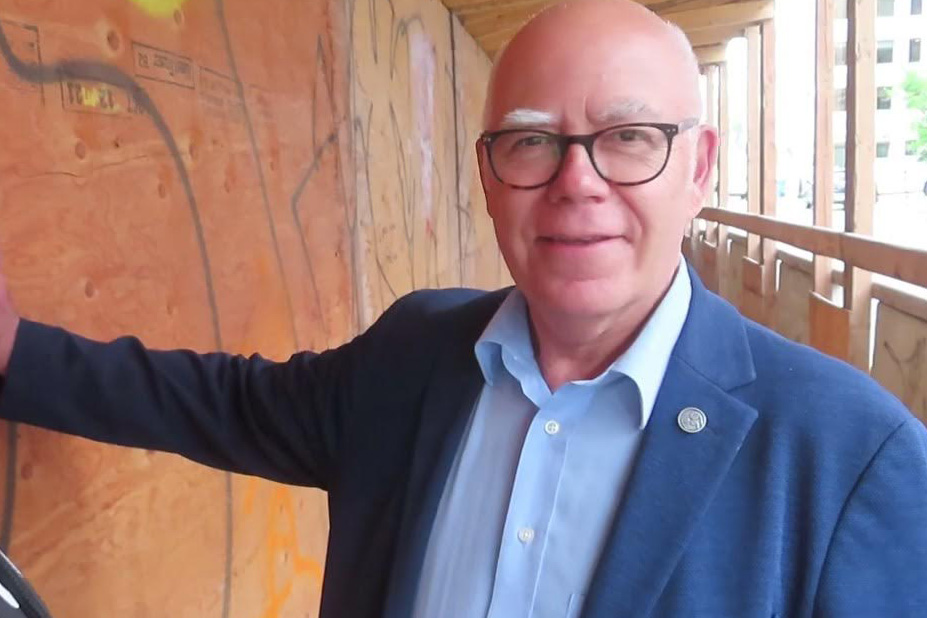
“The government has a responsibility to be transparent around its stewardship of half of our land mass. And they’re not at all. That’s appalling and unacceptable. The state of the forests in New Brunswick has deteriorated considerably since 2015 when the last state of the forests report was released.”
– David Coon, New Brunswick Green Party Leader
Missing report on the state of N.B. forests ‘appalling,’ says Green Party leader.
CBC News, August 16, 2023
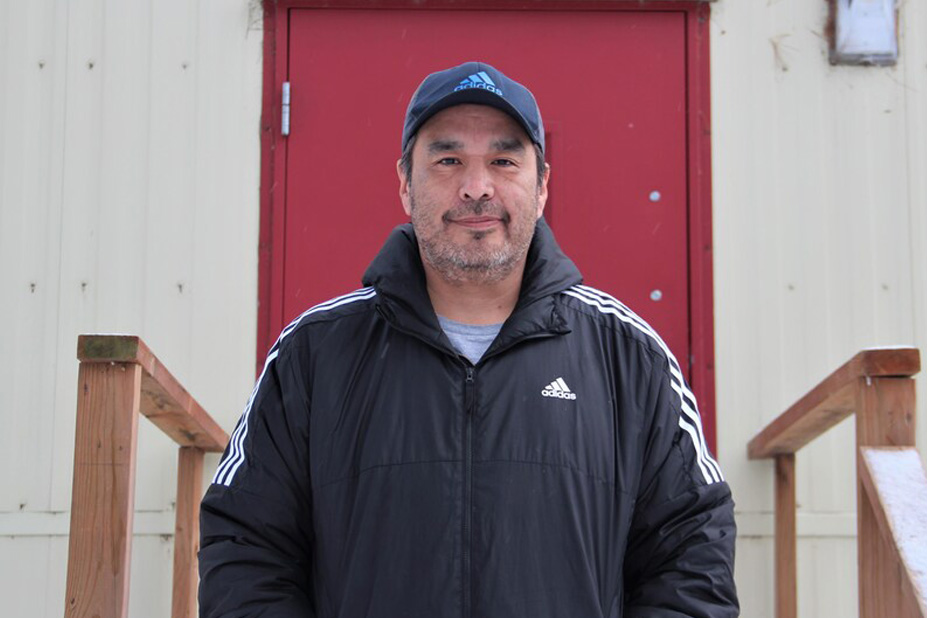
“Elders go out into the territory and they don’t recognize it anymore. Enough is enough. Anybody that comes into our territory — they will be asked to leave.”
– Chief Casey Ratt, Mitchikanibikok Inik First Nation (Algonquins of Barriere Lake)
Quebec accused of catering to logging industry as it reviews how forests are managed.
CBC News, December 21, 2024
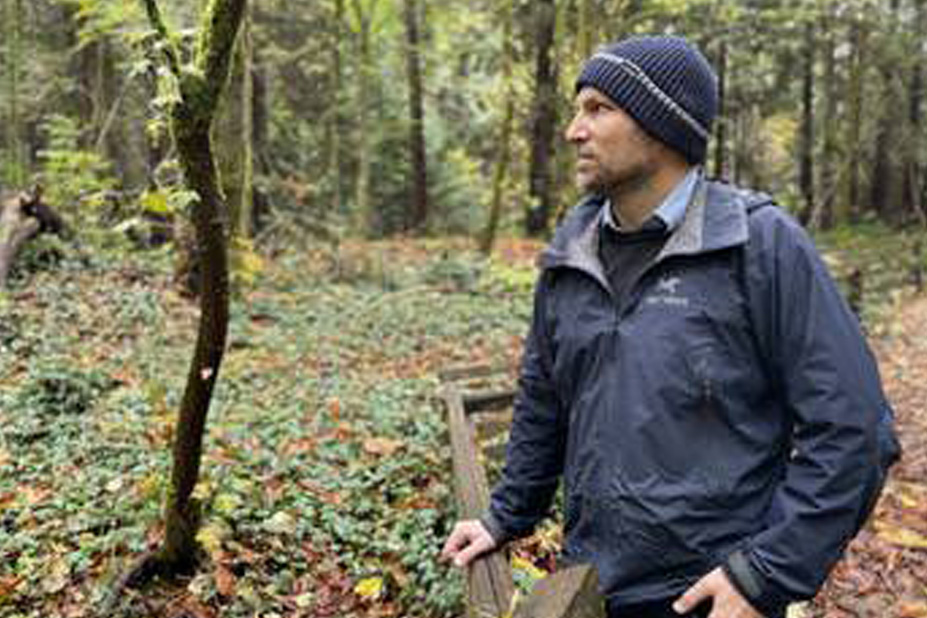
“About 50% of woody material can be left on site [after a clearcut], and that is exposed to direct sunlight now, so that’s going to dry out and become a fuel source. Those trees are actually very flammable at a younger age, and that, combined with this large amount of dry, woody debris that’s left behind after a clearcut, increases the flammability of the landscape”
– Dr. Peter Wood, University of British Columbia
Canada’s deforestation tracking ignores logging’s contribution to climate change and forest degradation, researchers say.
Halifax Examiner, April 28, 2025




